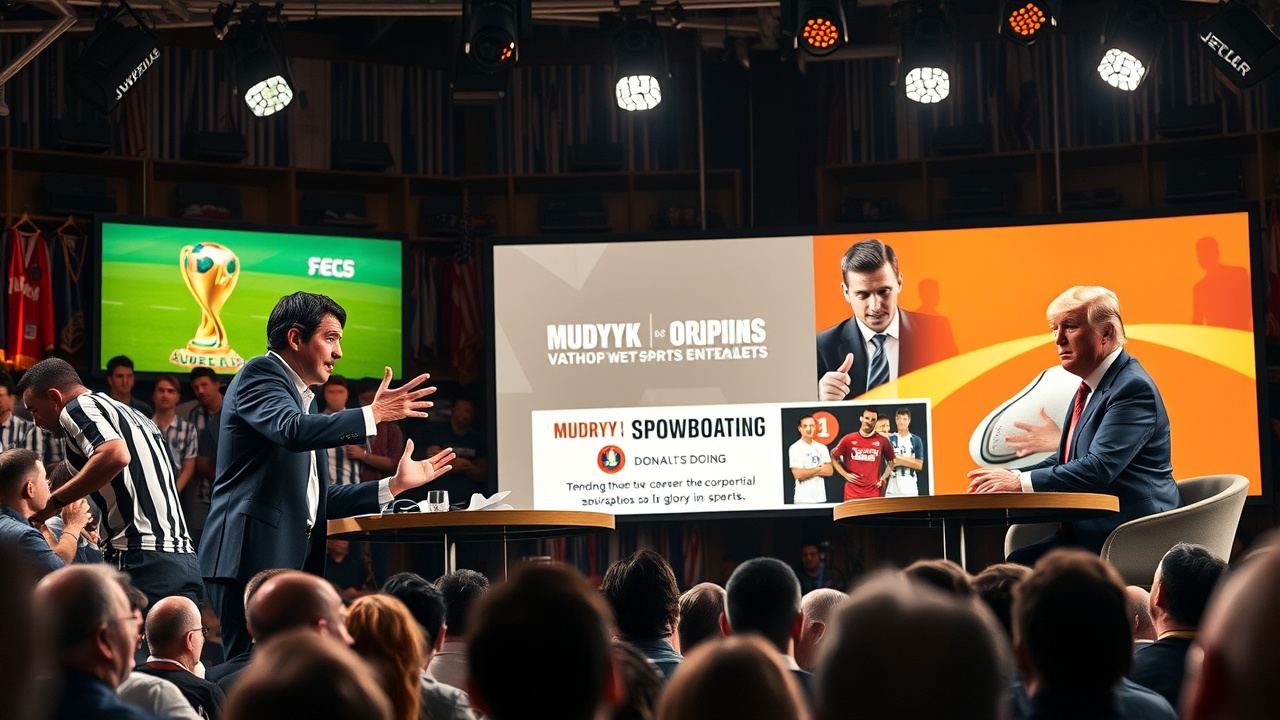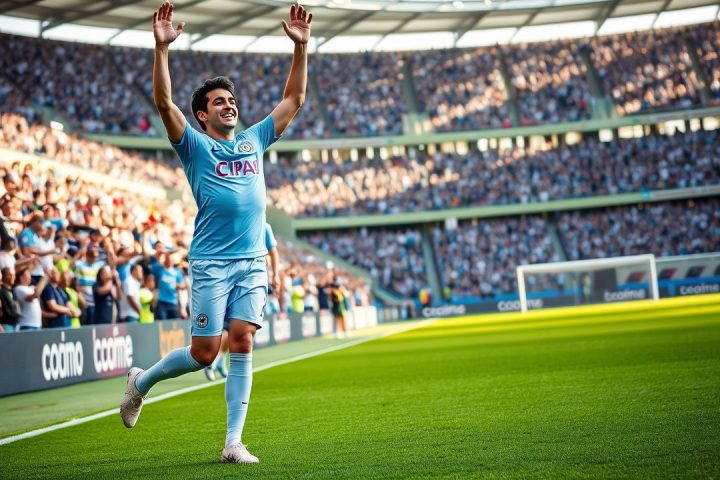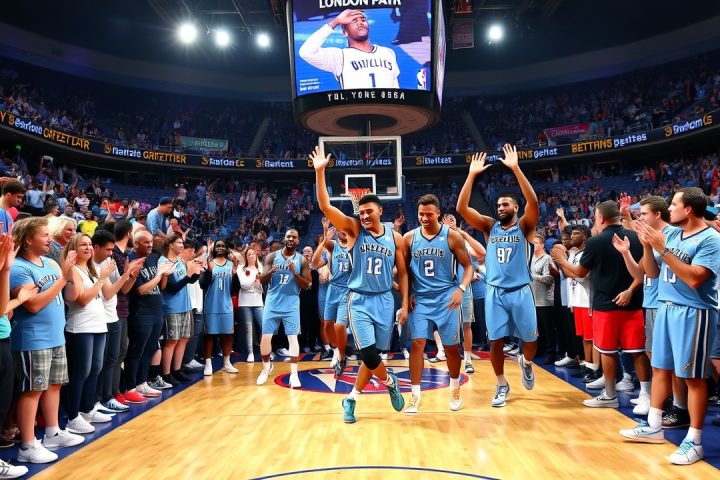Showboating in Football: A Controversial Debate
In the realm of football, the intrigue surrounding showboating has ignited a fascinating debate among players, coaches, and fans alike. This exploration of athletic flair contrasts significantly with the serious backdrop of recent events in the sport, including a headline-making visit by Juventus to the White House and a troubling doping charge faced by Chelsea’s Mykhailo Mudryk.
News and Insights
The Athletic FC provides daily insights into these developments and more. Subscribers can expect an engaging blend of analysis and stories right to their inbox.
The Fine Line Between Flair and Disrespect
As a point of contention, the concept of showboating—often interpreted as a display of skill that borders on disrespect—is scrutinized through the lens of experiences from notable figures in football. Take Prince Naseem Hamed, the iconic boxer known for his flamboyant style and bravado in the 1990s; his legacy illustrates how confidence can straddle the line between talent and audacity. This notion reverberates within football, as seen when Bayern Munich recently overwhelmed Auckland City, scoring ten goals during their match.
Midfielder Michael Olise’s response to questioning about the lopsided score—indicating he felt no pity for Auckland City—highlights a prevailing attitude among certain players that showboating can occasionally be justified in the name of entertainment.
Ethical Dimensions of Showboating
The ethical dimensions of flashy play were tackled by journalists Stuart James and Jack Lang, who investigated players’ and coaches’ varying perceptions of the act. Memorable moments like Memphis Depay’s time-wasting antics during a decisive match and Neymar’s controversial back-heel attempt in a Copa del Rey final exemplify the friction between entertaining flair and the unwritten rules of sportsmanship. While some laud skillful displays, others argue that respect for opponents should dictate how players conduct themselves.
It seems coaches often hold a far more critical perspective on showboating than the athletes themselves, as evidenced by reactions such as PSV’s Peter Bosz, who disapproved of his players taunting Liverpool in a Champions League encounter. The thin line between showcasing talent and inviting ridicule comes into sharp focus in these discussions.
Implications of Doping Charges
Meanwhile, further complicating the football landscape, Mudryk has been charged by England’s Football Association over an alleged doping violation linked to meldonium, a substance known for enhancing endurance. Since being sidelined for several months awaiting the outcome of an investigation, the implications of such a charge could lead to a significant ban, jeopardizing his career and Chelsea’s hefty investment in him.
Off-Pitch Activities and Societal Intersections
On the off-pitch front, Juventus players, including USMNT stars Weston McKennie and Timothy Weah, were in the spotlight for an unusual Oval Office visit with President Donald Trump and FIFA President Gianni Infantino right before their match against Al Ain, which they won decisively. Weah’s candid remarks about the awkwardness of discussing political issues while he simply wanted to focus on football echo the sentiments of many athletes navigating the intersections of sport and broader societal issues.
The Evolving Landscape of Football
As FIFA navigates its own challenges, including a public relations misstep regarding an anti-discrimination campaign, the landscape of professional football continues to evolve, intertwining the artistry of the game with pressing social realities.
Looking ahead, the FIFA Club World Cup heats up with several anticipated matches, illustrating that, beneath the surface debates about sportsmanship and ethics, the competitive spirit of the game remains vigorous. The juxtaposition of high-stakes competition and off-field controversies will undoubtedly shape discussions in the days to come.




